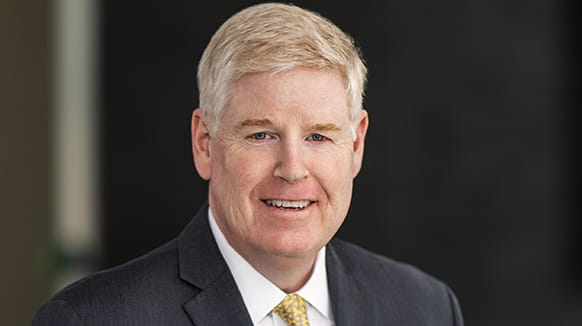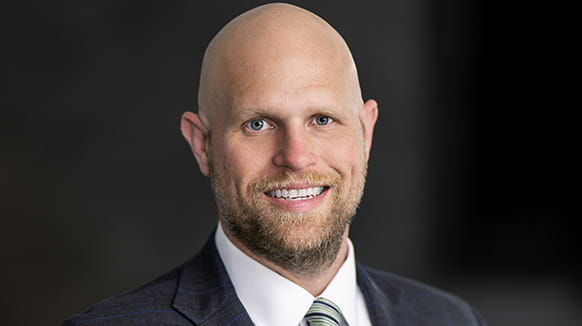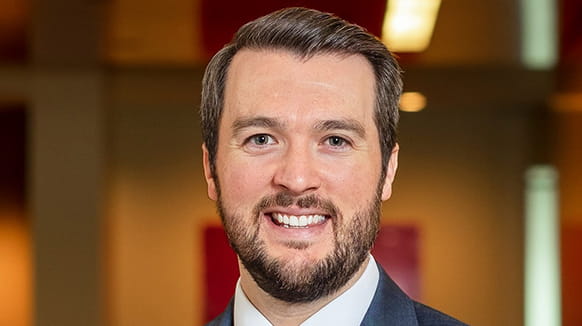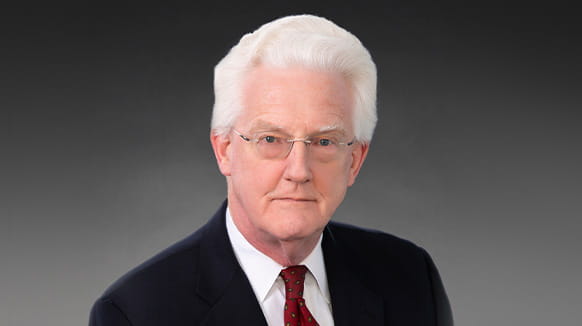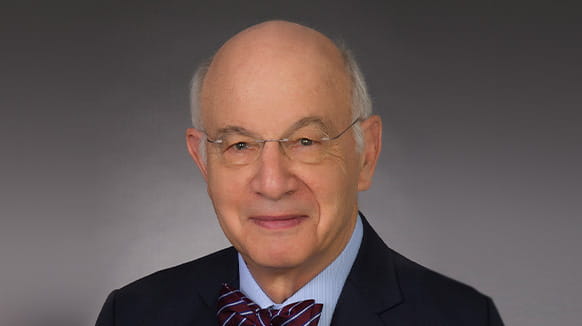The False Claims Act (“FCA”) imposes liability for submitting false and fraudulent claims for payment to the government when the falsity or fraud is done “knowingly.” Four circuits previously held that a defendant does not “knowingly” submit a false or fraudulent claim if the legal standard applicable to the claim is ambiguous and the defendant’s conduct was consistent with an objectively reasonable interpretation of the ambiguous legal standard. But on June 1, 2023, the Supreme Court in United States ex rel. Schutte v. Supervalu, Inc., 598 U.S. ___ (2023), foreclosed that defense by holding the FCA looks to a defendant’s actual, contemporaneous belief regarding whether a claim was false rather than what an objectively reasonable person might have known or believed.
The Supreme Court reversed the decisions in two cases that had permitted defendants to use as a shield from FCA liability the possibility that someone else could have reasonably interpreted the same ambiguous legal standard incorrectly. Now what matters is simply whether the defendant actually believed the claims at issue were false at the time of submission. This decision could have significant implications for government contractors, healthcare providers, and other recipients of federal funds.
I. Background
Petitioners brought qui tam actions against Supervalu and Safeway (collectively, “Respondents”). They alleged Respondents violated the FCA by misrepresenting to Medicare and Medicaid that the retail prices for prescription drugs were their “usual and customary” prices—which dictated the amount of reimbursement for those drugs—when in fact Respondents’ customers typically paid much less through various price-match and membership discount programs. United States ex rel. Schutte v. Supervalu, Inc., 598 U.S. ___, 1–3, 5 (2023). This misrepresentation allegedly caused Medicaid and Medicare to reimburse Respondents far more than they were entitled. Id. at 3.
Through price-matching and membership discounts, Respondents routinely charged around $4 for a 30-day supply of many drugs. Id. at 4. Petitioners’ evidence reflected that these discounted prices “comprised a majority of sales.” Id. For example, a majority of Supervalu’s cash sales for 44 of its 50 top-selling drugs were made at discounted prices, while 88% of Safeway’s 2014 cash sales for its 20 top-selling generic drugs were made at discounted rates. Id. at 4–5. Moreover, between 2008 and 2014, Safeway charged only $10 for 94% of its cash sales for a 90-day supply of one cholesterol drug, yet it reported that the drug’s “usual and customary” price was $108 during that time. Id. at 5.
The Court also noted that Respondents’ executives raised concerns about state agencies or pharmacy benefit managers finding out about the discounted prices, referring to the discount programs as a “stealthy approach.” Id. The Court further highlighted that Respondents both received a 2006 notice from a pharmacy benefit manager that the phrase “usual and customary” referred to discounted prices, and that Safeway received a similar notice from a state Medicare agency. Id.
Nevertheless, the Seventh Circuit affirmed summary judgment rulings in favor of Respondents based on the notion that the Respondents’ acts were consistent with an objectively reasonable interpretation of the relevant law. Id. at 7. In other words, the Seventh Circuit held that the phrase “usual and customary” “could have been understood as referring to Respondents’ retail prices, not their discounted prices—even if the phrase, correctly understood, referred to their discounted prices” and that it “did not matter whether Respondents thought their discounted prices were actually their ‘usual and customary’ prices.” Id.
II. The Supreme Court Reverses
The FCA “is not intended to punish honest mistakes or incorrect claims submitted through mere negligence.” United States ex rel. Skibo v. Greer Labs., Inc., 841 F. App’x 527, 531 (4th Cir. 2021) (citation omitted); see also United States ex rel. Jacobs v. Walgreen Co., No. 21-20463, 2022 WL 613160, at *1 (5th Cir. Mar. 2, 2022) (allegations of fraud that do not amount to “anything more than innocent mistake or negligence” are insufficient), cert. denied, 143 S. Ct. 104 (2022). Rather, FCA liability requires that a defendant acted “knowingly.” See 31 U.S.C. § 3729(a)(1).
The terms “knowing” and “knowingly” are defined by the FCA to “mean that a person, with respect to information (1) has actual knowledge of the information; (2) acts in deliberate ignorance of the truth or falsity of the information; or (3) acts in reckless disregard of the truth or falsity of the information.” 31 U.S.C. § 3729(b)(1)(A).
Here, the Court reviewed the specific issue whether Respondents could act knowingly under the FCA if they correctly understood the “usual and customary” reimbursement standard for prescriptions drugs and thought their claims were inaccurate. Id. at 2. The Court held the scienter (a.k.a. knowledge) element of a FCA violation refers to a defendant’s subjective knowledge and belief at the time defendant submitted the claim, not what an objectively reasonable person could have known or believed after claim submission. Specifically, Justice Thomas expanded on the three definitions of the term “knowing” and wrote:
Under the FCA, petitioners may establish scienter by showing that Respondents (1) actually knew that their reported prices were not their “usual and customary” prices when they reported those prices, (2) were aware of a substantial risk that their higher, retail prices were not their “usual and customary” prices and intentionally avoided learning whether their reports were accurate, or (3) were aware of such a substantial and unjustifiable risk but submitted the claims anyway. §3729(b)(1)(A). If petitioners can make that showing, then it does not matter whether some other, objectively reasonable interpretation of “usual and customary” would point to Respondents’ higher prices. For scienter, it is enough if Respondents believed that their claims were not accurate.
Id. at 16 (emphasis added).
The Court reasoned that the language of the FCA’s definitions of the term “knowing” (§ 3729(b)(1)(A)) is consistent with the common law knowledge requirement for fraud claims and focuses primarily on what Respondents thought and believed at the time of claim submission. Id. Correspondingly, the Court observed that the text of the statute and common law precedent used present-tense verbs, confirming that a defendant’s “knowledge” is assessed at the time it made the purportedly false claim, not after. Id. at 13.
The Court also rejected other courts’ reliance on Safeco Ins. Co. of America v. Burr, 551 U.S. 47 (2007), which interpreted the term “willfully” in the Fair Credit Reporting Act and outlined a two-step analysis in determining whether a defendant has acted in reckless disregard of the law. Under Safeco, a court first asks whether defendant’s interpretation of the relevant statute or regulation was “objectively reasonable.” If so, the court then determines whether “authoritative guidance” might nonetheless have warned defendant away from that interpretation. But the Supreme Court differentiated Safeco because, among other reasons, it interpreted a statute with a different mens rea (state of mind) standard than the FCA.
III. Takeaways
Following the Supreme Court’s decision in Schutte, the actual, contemporaneous understanding of federal fund recipients will dictate whether submitted claims are “knowingly” false, which includes knowledge of the fraudulent or false statement, deliberate ignorance of the truth or falsity of the information, or acting in reckless disregard of the truth or falsity. So, federal fund recipients must ensure that all steps in the chain of claim submission have proper oversight and documentation, including records regarding the reasonableness of claims and the prices charged to the government, if applicable.
Relatedly, when clients face FCA allegations, their counsel will have to engage in a fact-specific inquiry to ensure that the client’s subjective knowledge—including each individual whose “knowledge” could be imputed to the fund-receiving entity—supported claim submission. Defendants can no longer rely on the wide-ranging defense provided by the two-part Safeco test, which could allow post-hoc justification of the appropriateness of a claim. Experienced counsel can also assist in training the relevant individuals at each link in the chain of pricing, servicing, invoicing, bookkeeping, and claim submission to ensure that all decisions align with the governing legal requirements and guidance.
We will continue to monitor legislation, enforcement actions, and court opinions interpreting the knowledge element and other components of an FCA claim. For more information about the FCA, please contact a member of Haynes Boone’s False Claims Act, Qui Tam and Litigation; Government Contracts; or Healthcare and Life Sciences practice groups below. Please also refer to the firm’s annual False Claims Act - Year in Review publication.
